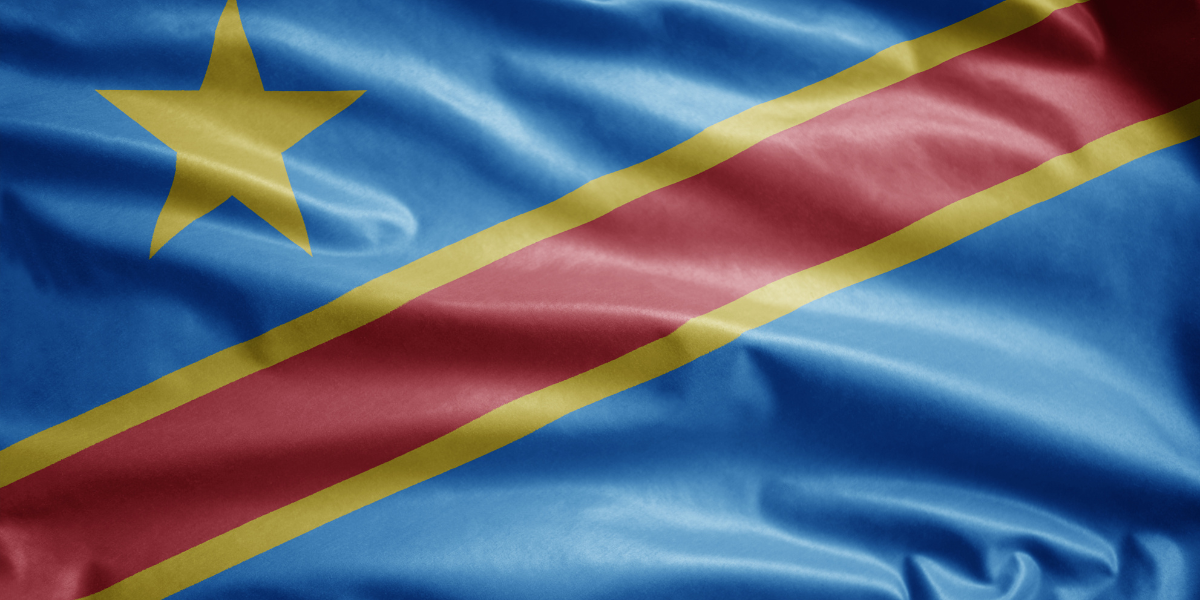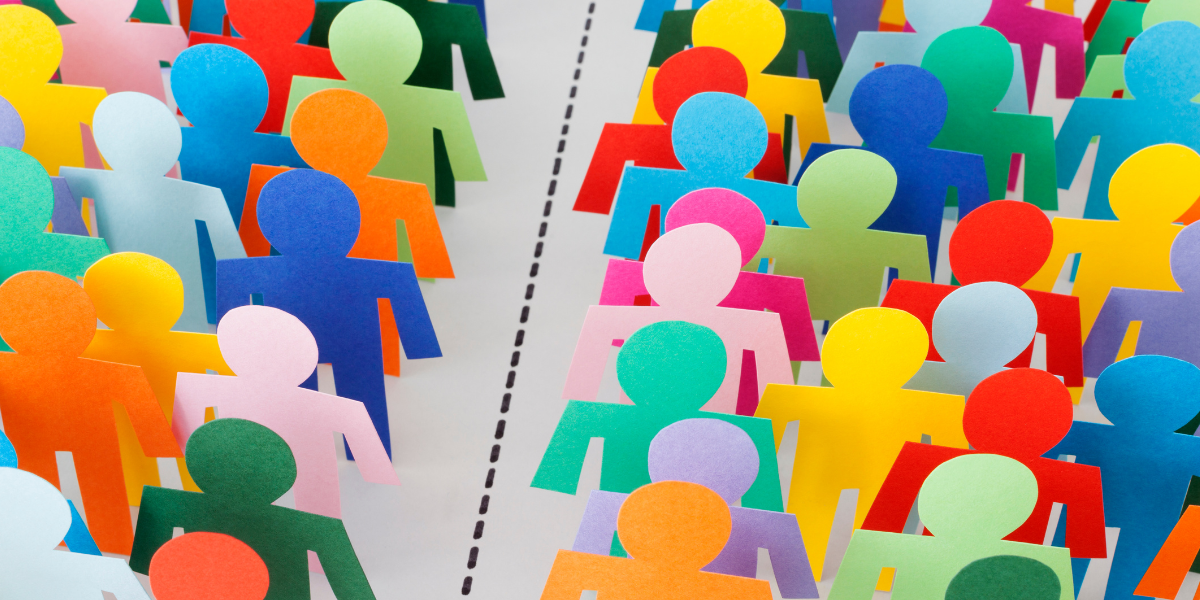Credible and Peaceful Elections: A Prerequisite for Africa’s Progress
The following speech was given by Mr Kofi Annan at the CDD Kronti ne Akwamu Lecture on 23 June 2016.
Credible and Peaceful Elections: A Prerequisite for Africa’s Progress
I am happy to have been invited to deliver this year’s Kronti ne Akwamu lecture. This lecture series has established its reputation in our country’s political and intellectual life over more than a decade. Democracy depends on the lively participation of organised civil society in political life. Politics is too important to be left only to the politicians. By organising such events, CDD Ghana is making a valuable contribution to our democracy, which is still comparatively young.
In a relatively short space of time, Ghana has earned a reputation as something of a democratic role-model in Africa, organising six credible elections and two peaceful transitions of power. Yet, despite this glowing international reputation, we Ghanaians know that each election has generated a worrying degree of violence and uncertainty. In this lecture, I will recall the benefits of democracy, the challenges of organising peaceful and credible elections and the road ahead for Ghana, and Africa as a whole.
After the end of the Cold War, I thought we had all understood and accepted that democracy is, to quote Winston Churchill, “the worst form of government, except for all the others.” I am afraid those hopeful and exciting days are behind us: today, one hears more and more politicians and pundits, as well as ordinary people, speak about the shortcomings of democracy, and the need for more authoritative leadership. The problem is that authoritative leadership can be a slippery slope towards authoritarian leadership. In this worrying international environment, many of our own African leaders are tempted to revert to the bad ways of old. So let me be very clear about this: democracy is crucial for Africa’s progress. In fact, as the title of this lecture suggests, democracy is a prerequisite for Africa’s progress. Some still argue that enlightened authoritarian leadership is more conducive to economic development, drawing on a familiar (and short) list of examples. The list is short because enlightened leaders are few and far between, whether in democratic or authoritarian systems. But when you entrust all power to one person, and he or she proves not to be as enlightened as you had hoped, can you hold that leader to account, or get him/her out of office? Even strongmen who start out with good intentions seldom keep them. “Power corrupts. Absolute power corrupts absolutely”, pointed out Lord Acton. Africa knows this from experience: after a promising start at independence, most of the continent suffered under incompetent dictatorships for decades. The result was not only a dismal economic record, but also widespread human rights abuses, egregious corruption and the absence of the rule of law. In fact, the evidence suggests that, by and large, democracy is conducive to economic development, but that is not the crux of the matter.
Professor Amartya Sen famously made the point that the academic debate on the relative merits of authoritarianism and dictatorship for economic growth obfuscates the fact that democracy is progress in and of itself, because freedom is development too. Ghana has thrived under democracy since it was reintroduced, and our society as well as our economy, has thrived as a result. We must never stop reminding ourselves of that fact. Yes, our country has its problems, but all countries have problems. But democracies always tend to look worse than they are because media and civil society magnify their problems, whereas dictatorships suppress information about their problems. In the long run, however, criticism and public debate should lead to reform, which makes democracies resilient, while dictatorships are fundamentally brittle. This reminds me of Aesop’s fable of the oak and the reed. The oak looks strong, but cannot bend, and so it gets knocked over by a storm, whereas the reed looks weak. But because it can bend with the wind, it survives the storm.
Today, almost every leader claims to govern by democratic principles and organises periodic elections, most of which are open and fair. But there are many leaders who manipulate the system to make sure they win. In other words, rather than impose their rule through brute force, these leaders are tempted to subvert the legal and democratic framework. It is rule by law, rather than rule of law. Regimes have developed a multitude of methods, some more subtle than others, to ensure that level playing fields are limited to sports competitions only. This may work in the short run, but it is a dangerous strategy in the long run, for democracies without credible elections are no democracies at all. As such, they cannot provide societies with the feedback loops and resilience that characterise genuine democracy. We must remember that elections are a mechanism for the arbitration of political rivalries, and peaceful and democratic rotation of leadership. If political rivals and their supporters do not believe the electoral process to be free and fair, then they will ultimately resort to less peaceful methods to change political direction. We must not let the street take the place of the ballot box, but that requires credible elections. Credible elections have to meet three essential criteria: inclusiveness; transparency; and accountability. That is only the way to earn the trust of the competitors and the public. The Global Commission on elections, security and democracy I chaired called credible elections “elections with integrity” and identified five challenges that must be overcome to ensure them.
First, the need to strengthen the rule of law so that elections and the rights of voters and candidates can be protected.
Second, professional and independent national bodies, which can manage elections so that they are credible and the results are legitimate.
Third, greater efforts are needed to build the institutions, processes and behaviors that are vital for genuine multi-party competition and the attribution of political power. Such elections bestow legitimacy on the winner, provide security for the losers, and end the “winner-takes-all” politics that discourages democratic practice.
Fourth, the integrity of elections requires political equality. The barriers that prevent voting and wider participation in political life must be removed. Too often, women, young people, minorities and other marginalized groups are not given a full opportunity to exercise their democratic rights.
Finally, unregulated money in politics undermines voters’ faith in elections and confidence in democracy. Vote buying and bribery of candidates, including by organized crime, have to be prevented.
Ladies and gentlemen, Africa has come a long way. I was born into a colonial society where our destinies were determined in London. We could not choose our own leaders. Led by Kwame Nkrumah, an earlier generation secured our independence as a free nation – the first African nation to do so. Our generation ushered in the fourth Republic, enshrining democracy. But democracy is never fully achieved. It is always work in progress. It is up to you, and the next generation, the young men and women in this room, to work towards deepening and sustaining the democratic ideal. It is your country now. It is your world. I hope to have convinced you that deepening our democracy is a crucial struggle, not just for our future prosperity and peace, but also for our fundamental human aspiration to live as free men and women. At the end of the day, what matters is not so much which candidate or which party wins an election, as long as the country wins.



